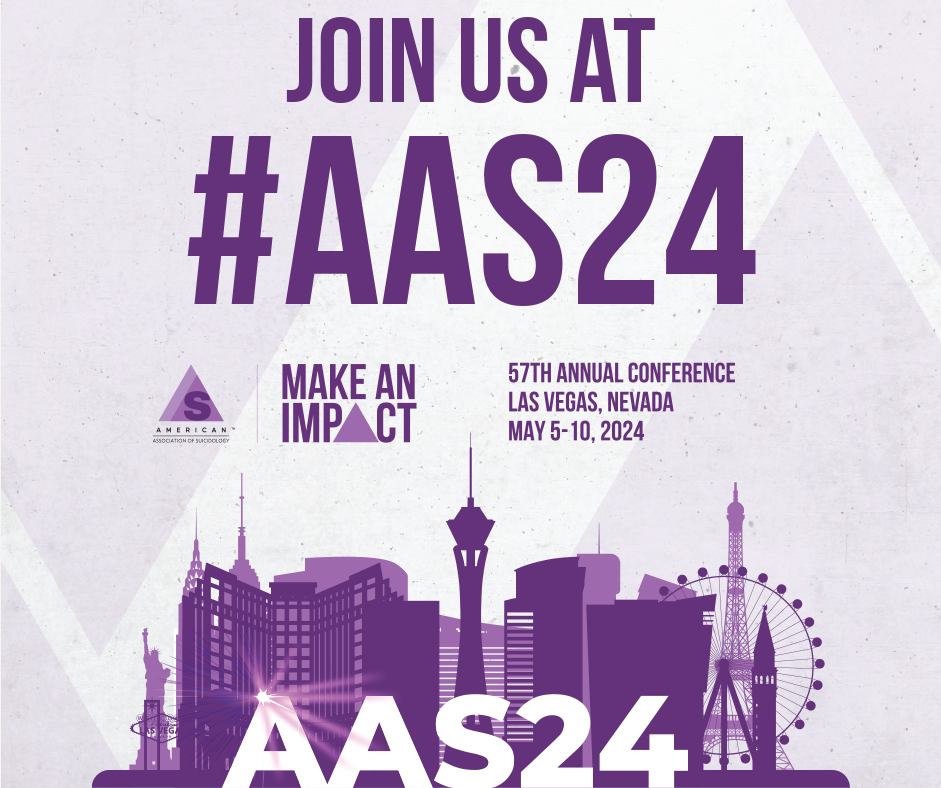If you or someone you know is having thoughts of suicide, click the link to our Find Safety page.
Around the world, there is various legislation governing the circumstances in which a medical professional provides the means to end a patient’s life, consensually, in specifically defined circumstances. The laws and overall community sentiment varies around the process of receiving medical assistance in dying.
Medical assistance in dying terminology can differ in different parts of the globe. Common definitions include:
- Euthanasia: The practice of a medical practitioner actively inducing death, usually by injection of a lethal substance.
- Dying with Dignity: A term often used to encompass the overall process of medical assistance in dying through a lens of support, advocacy, and education.
- Medical Assistance in Dying (MAID): A term most commonly used in Canada, describes the process of medical assistance in dying and is used in Canadian legislature.
Assisted Suicide and Dying with Dignity are commonly used in the United States, while Canada typically refers to MAID, and Australia refers to Voluntary Assisted Dying (VAD).
Laws around medically assisted death vary in their criteria but often are only accessible to people with terminal illness, but some countries laws extend to those with mental illnesses. This has caused much discussion, including a fact-checked debate between two doctors who have opposing views on the topic. LivingWorks views expressed thoughts about accessing the means available through these laws in the same way as when people express thoughts about accessing any other intentional means of ending their lives.
Assisted dying is one topic that can come up during LivingWorks safeTALK and ASIST training from learners when discussing attitudes around suicide. Everybody holds attitudes towards suicide, as we discuss in the training room, and these attitudes may impact how and when we intervene if we notice someone may be having thoughts of suicide.
LivingWorks suicide prevention skills training is designed to equip people with the confidence and skills to help anyone they encounter who may be having thoughts to end their life. The same ambivalence that exists for around whether to access other lethal means is present when it comes to assisted dying. The skills taught by our programs are relevant to these means too. Learn more about training for you or training for your organization.




